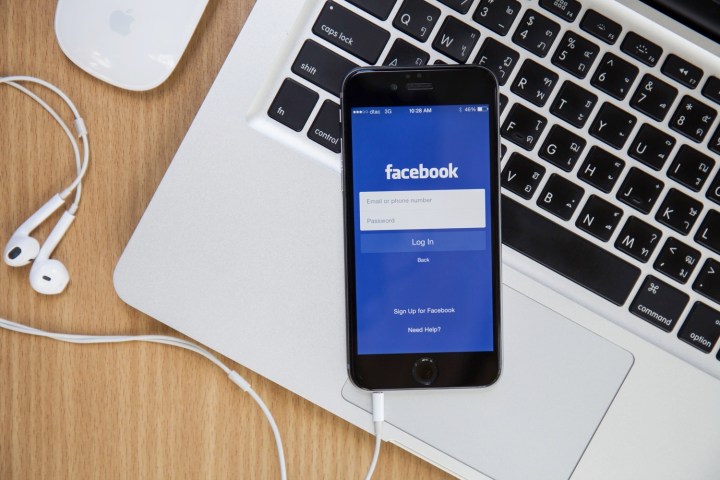
Speaking on his country’s domestic TV station Channel 2, Erdan claimed that the social network was “sabotaging” the work of the Israeli police force. He also accused Facebook founder Mark Zuckerberg of not doing enough to prevent incitement against Israel on his platform, reports Reuters.
“Facebook today, which brought an amazing, positive revolution to the world, sadly, we see this since the rise of ISIS and the wave of terror, it has simply become a monster,” said Erdan.
“Facebook today sabotages, it should be known, sabotages the work of the Israeli police, because when the Israeli police approach them, and it is regarding a resident of Judea and Samaria,
Erdan also urged viewers to lobby Facebook (and Zuckerberg) for change, calling on “the citizens of Israel to flood him in every possible place with the demand to monitor the platform he established and from which he earns billions.”
Israel has issued similar statements in the past, targeting not only Facebook, but also YouTube and Twitter as outlets used to encourage attacks on its citizens.
Following a spate of fatal street attacks on Israelis by perpetrators identified as Palestinians, who are often teenagers, the country has stepped up its scrutiny of social media. Israel claims it is drafting legislation that will permit it to issue takedown notices to social media platforms regarding content deemed as inciting hate or terrorism.
A total of 34 Israelis and two visiting U.S. citizens have been killed since October. Israeli forces have shot dead 201 Palestinians, 137 of whom were believed to be assailants. Palestinian officials claim the killings were the result of a growing desperation among its youth over the collapse of peace talks in 2014, and Israeli settlement expansion into occupied territory, which many countries view as illegal.
Facebook has indirectly denied Erdan’s allegations by declaring that it works closely with Israel, and other countries, to remove content that incites terrorism from its platform.
“We work regularly with safety organizations and policymakers around the world, including Israel, to ensure that people know how to make safe use of Facebook. There is no room for content that promotes violence, direct threats, [or] terrorist or hate speeches on our platform,” the statement said.
“We have a set of community standards designed to help people understand what’s allowed on Facebook, and we call on people to use our report if they find content they believe violates these rules, so that we can examine each case and take quick action.”
It was recently revealed that Facebook, and Google, are moving away from their current content monitoring systems — which rely on users to report policy violations in order for action to be taken — toward an automated takedown process.
Editors' Recommendations
- Leading Dem says Apple, Google, Facebook, and Amazon have ‘monopoly power’
- Facebook employees are rebelling against Zuckerberg’s inaction over Trump
- Mark Zuckerberg says he’s not making any more New Year’s resolutions
- Zuckerberg says a Warren presidency would be an ‘existential’ threat to Facebook
- Facebook’s Zuckerberg had a ‘constructive’ meeting with President Trump

